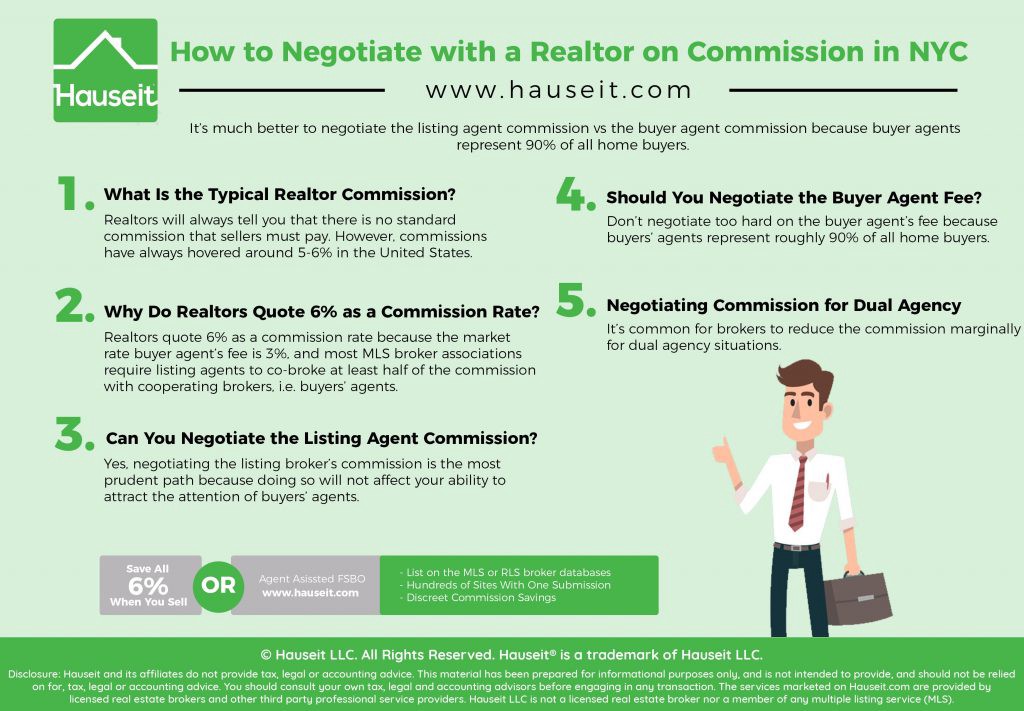
If you have ever wondered how you can make money from property, you are not alone. Whether you're looking for a second home, investing in a foreclosure, or buying raw land, there are countless ways to earn cash with property. Here are some tips and strategies to help you get started. You should always allow for unexpected costs and setbacks, no matter what you do. Below are some of our most-recommended methods.
Renting out rooms in your house
You might consider renting rooms in your home if you own a property. You may not have to pay for rent, but it can be an excellent way to earn some extra money. Here are some ideas to help you get going. Prepare the room for rental. It should be equipped with electric and heating. If there is a bath, tell the tenant. Finally, know how to market the room.

Investing in a second home
There are many benefits to investing in a second home. You can enjoy the comfort and convenience of your second home while still making money. You can save some money to buy a second house and then invest the rest in an investment property. You can also rent out the second home for profit, even if you don't use it. You can make a profit by renting out a second home.
Buying a foreclosure
You should be aware of a few things when investing in foreclosed properties. Before you start to look at properties, create a plan. Two common strategies to buy foreclosures are flipping and holding the home over the long-term. Both methods can earn you good profits, so you should determine which one works best for you and your finances. Read the tips below to make sure you're getting the most value for your money.
Investing in raw land
For real estate investors, investing in raw land can bring many benefits. Raw land is a great investment option. Unlike commercial or residential property where buyers are outbid, it can be turned into many different entities including residential and commercial properties. It doesn't matter if you invest in a single unit of land or several units. The potential for profits is enormous. You can also earn handsome returns over the long-term because raw land is subject to appreciation.

Multi-family housing investment
Real estate investing is a great way to grow your net worth over the long term. Multifamily properties appeal to many people because they fulfill a fundamental need. These properties can provide housing for those who otherwise might not have the financial resources to purchase a home. This property investment has low risk. However, it's important to analyze the details of the properties and speak to an expert. Many landlords purchase multifamily properties with the hopes of generating extra income each month or reducing the cost of home ownership.
FAQ
How long does it usually take to get your mortgage approved?
It is dependent on many factors, such as your credit score and income level. It typically takes 30 days for a mortgage to be approved.
What should I look out for in a mortgage broker
Mortgage brokers help people who may not be eligible for traditional mortgages. They shop around for the best deal and compare rates from various lenders. This service may be charged by some brokers. Others provide free services.
What is a Reverse Mortgage?
A reverse mortgage is a way to borrow money from your home without having to put any equity into the property. It allows you to borrow money from your home while still living in it. There are two types to choose from: government-insured or conventional. Conventional reverse mortgages require you to repay the loan amount plus an origination charge. FHA insurance will cover the repayment.
Statistics
- Based on your credit scores and other financial details, your lender offers you a 3.5% interest rate on loan. (investopedia.com)
- When it came to buying a home in 2015, experts predicted that mortgage rates would surpass five percent, yet interest rates remained below four percent. (fortunebuilders.com)
- This seems to be a more popular trend as the U.S. Census Bureau reports the homeownership rate was around 65% last year. (fortunebuilders.com)
- Some experts hypothesize that rates will hit five percent by the second half of 2018, but there has been no official confirmation one way or the other. (fortunebuilders.com)
- This means that all of your housing-related expenses each month do not exceed 43% of your monthly income. (fortunebuilders.com)
External Links
How To
How to Manage a Rent Property
You can rent out your home to make extra cash, but you need to be careful. We'll help you understand what to look for when renting out your home.
Here's how to rent your home.
-
What are the first things I should consider? You need to assess your finances before renting out your home. If you have outstanding debts like credit card bills or mortgage payment, you may find it difficult to pay someone else to stay in your home while that you're gone. Your budget should be reviewed - you may not have enough money to cover your monthly expenses like rent, utilities, insurance, and so on. This might be a waste of money.
-
How much does it cost for me to rent my house? It is possible to charge a higher price for renting your house if you consider many factors. These include things like location, size, features, condition, and even the season. It's important to remember that prices vary depending on where you live, so don't expect to get the same rate everywhere. Rightmove reports that the average monthly market price to rent a one-bedroom flat is around PS1,400. This means that if you rent out your entire home, you'd earn around PS2,800 a year. It's not bad but if your property is only let out part-time, it could be significantly lower.
-
Is it worth it. Doing something new always comes with risks, but if it brings in extra income, why wouldn't you try it? Before you sign anything, though, make sure you understand exactly what you're getting yourself into. You will need to pay maintenance costs, make repairs, and maintain the home. Renting your house is not just about spending more time with your family. Before signing up, be sure to carefully consider these factors.
-
Is there any benefit? You now know the costs of renting out your house and feel confident in its value. Now, think about the benefits. There are plenty of reasons to rent out your home: you could use the money to pay off debt, invest in a holiday, save for a rainy day, or simply enjoy having a break from your everyday life. No matter what your choice, renting is likely to be more rewarding than working every single day. And if you plan ahead, you could even turn to rent into a full-time job.
-
How do I find tenants After you have decided to rent your property, you will need to properly advertise it. Make sure to list your property online via websites such as Rightmove. Once potential tenants reach out to you, schedule an interview. This will help you evaluate their suitability as well as ensure that they are financially secure enough to live in your home.
-
How can I make sure I'm covered? You should make sure your home is fully insured against theft, fire, and damage. In order to protect your home, you will need to either insure it through your landlord or directly with an insured. Your landlord may require that you add them to your additional insured. This will cover any damage to your home while you are not there. However, this doesn't apply if you're living abroad or if your landlord isn't registered with UK insurers. In such cases you will need a registration with an international insurance.
-
You might feel like you can't afford to spend all day looking for tenants, especially if you work outside the home. But it's crucial that you put your best foot forward when advertising your property. A professional-looking website is essential. You can also post ads online in local newspapers or magazines. A complete application form will be required and references must be provided. While some prefer to do all the work themselves, others hire professionals who can handle most of it. You'll need to be ready to answer questions during interviews.
-
What do I do when I find my tenant. If you have a lease in place, you'll need to inform your tenant of changes, such as moving dates. If this is not possible, you may negotiate the length of your stay, deposit, as well as other details. While you might get paid when the tenancy is over, utilities are still a cost that must be paid.
-
How do I collect rent? When the time comes for you to collect the rent you need to make sure that your tenant has been paying their rent. If your tenant has not paid, you will need to remind them. You can subtract any outstanding rent payments before sending them a final check. You can call the police if you are having trouble getting hold of your tenant. If there is a breach of contract they won't usually evict the tenant, but they can issue an arrest warrant.
-
What are the best ways to avoid problems? While renting out your home can be lucrative, it's important to keep yourself safe. Ensure you install smoke alarms and carbon monoxide detectors and consider installing security cameras. Make sure your neighbors have given you permission to leave your property unlocked overnight and that you have enough insurance. You should never allow strangers into your home, no matter how they claim to be moving in.